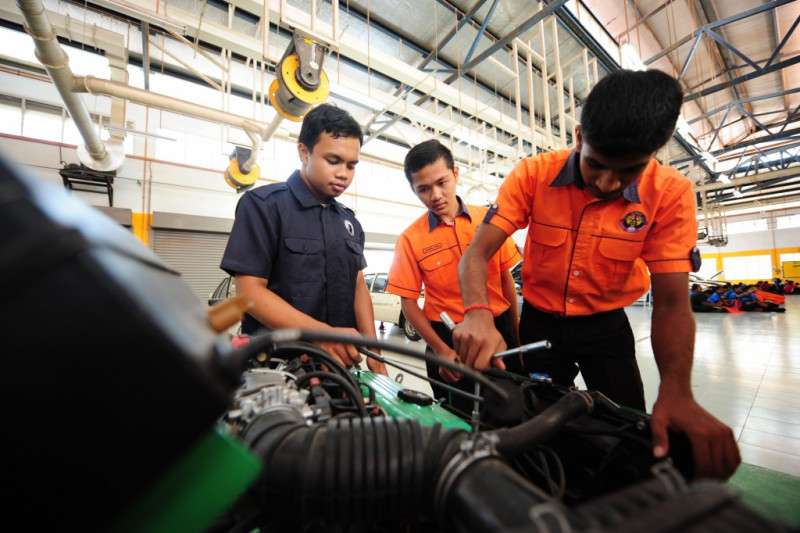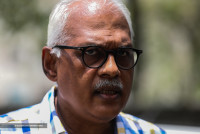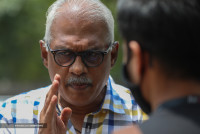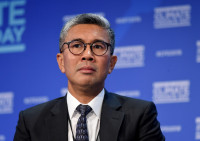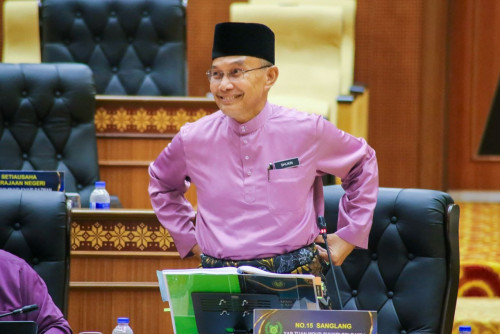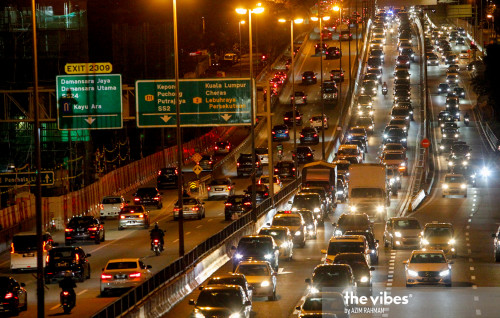KUALA LUMPUR – Former Klang MP Charles Santiago has suggested that students be allowed to apply for technical and vocational education and training (TVET) as early as Form 1, and not after Form 3 as it is currently.
He said TVET encompasses formal and informal learning that prepares youth with the necessary skills and knowledge for the workplace.
Therefore, he said, students who are not academically inclined can apply for TVET at the start of secondary school.
He said this mechanism would allow students to acquire the necessary skills and foundation required when they complete their Form 5 studies, which can greatly help in reducing the school dropout rate.
“Students who are not interested in academics can join TVET education after Year 6, and Indian students can then pursue their education based on their interests,” he said.
Santiago added that the majority of Indian students drop out of school for two main reasons.
Firstly, they feel that their schooling does not benefit them, coupled with a lack of confidence in their own ability to complete their education.
Secondly, Santiago noted, they are affected by socio-economic disadvantages and poverty.
He said that in today’s competitive job market, a lack of education could make finding employment challenging.
As a result of the high rate of school dropouts among the Indian population, most from the community end up either becoming factory workers or involved in gangsterism.
Already, we can see gangsterism in school. It’s also a breeding ground for drug addiction, peddling drugs, and so on,” he said.
Santiago proposed that the relevant authorities should re-examine the education system and give attention to Tamil schools, particularly in impoverished regions.
He also said the government must reach out to students who have dropped out of school via a range of initiatives and extra-curricular activities.
Non-governmental organisations (NGOs) should also provide further training and assistance to students who struggle academically so that they do not feel alienated by the education system.
He also said most of the students do not have breakfast before school starts due to insufficient pocket money.
As such, Santiago said the government has to provide free food for students and financial support for poor students, and provide help to schools that really need it.
“NGOs can work with Tamil schools, where there is a high rate of dropouts among Indian students, to create an environment that prevents people from leaving school,” he said.
“Parents also have to bear responsibility as well. We cannot solely blame the school.
“Together with the school and teachers, parents can help ensure their children do well in school,” he said.
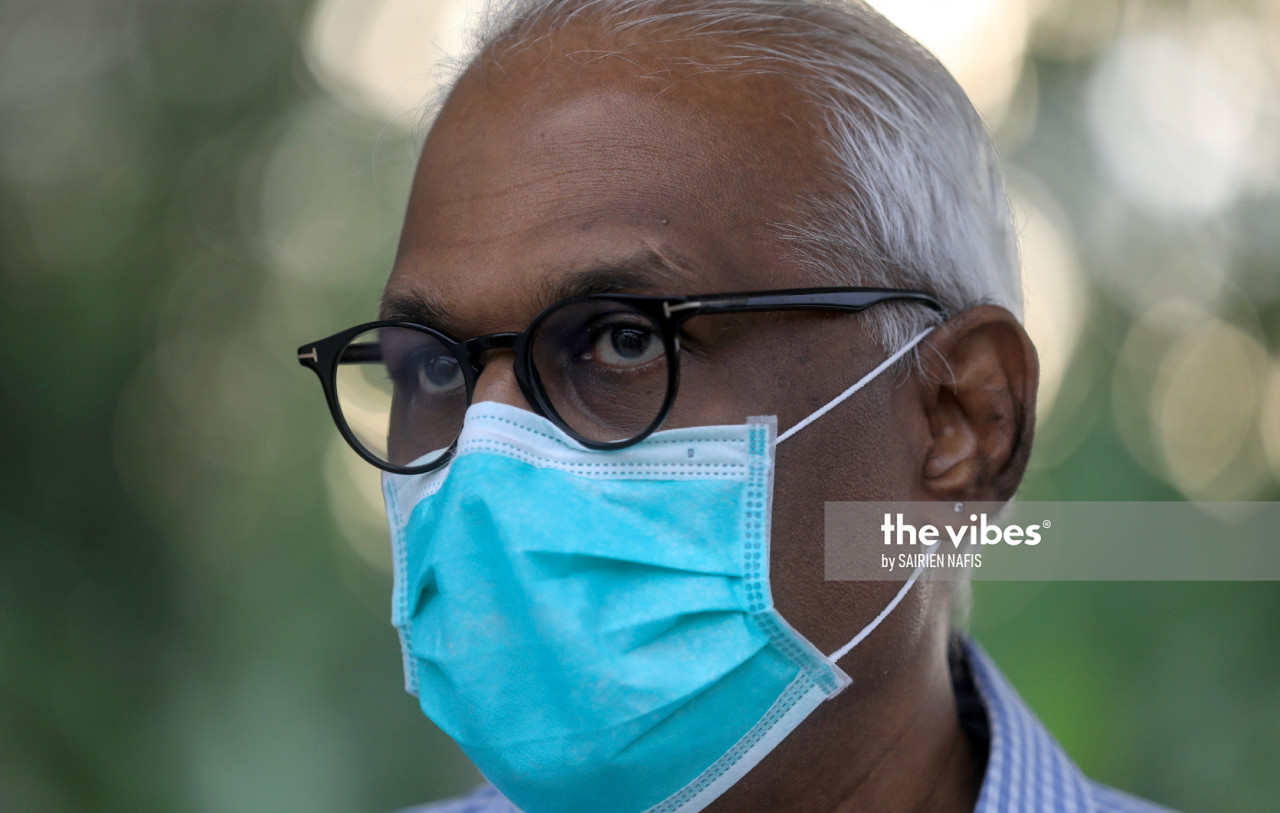
‘Family dysfunction among factors behind high dropout rates’
Meanwhile, G. Devasharma, chief executive officer at MySkills Foundation, also said that poverty and an outdated education system are among the main factors contributing to school dropouts.
He said that because of poverty, students do not have the right support system to continue their education.
“It is also due to having dysfunctional parents, which means they are not bothered about their children’s education,” he said.
Devasharma said students who move from primary to secondary school without a proper education encounter challenges in secondary school.
“For example, a student from primary school who cannot spell or construct a sentence has a high probability of dropping out of school because he cannot cope in secondary school,” he said.
He added that when students feel alienated from their education, they will drop out due to a lack of academic interest, which will force them to engage in inappropriate behaviour and be expelled from school.
As a result, at the age of 14 to 16, they feel they want to work for, or are even manipulated by, external gangsters or illegal commercial providers,” he said.
Devasharma also said that poverty in rural areas is different from that in cities due to the difference in the quality of life.
“For instance, if a student from a rural area has issues, the people that surround him like neighbours will work to correct him, and teachers will put in effort to see if they can implement corrective measures.”
However, things are different in a city. Thousands of people reside in low-cost flats, and many are unaware of what goes on the opposite side, said Devasharma.
Therefore, he said, to resolve the school dropout issue, children need to be monitored from a young age. From the age of 7 until they sit for their Sijil Pelajaran Malaysia, children’s needs must be paid attention to.
Devasharma said the education system has to focus on managing students according to their talents.
Students need to continue their education based on their skills and interests in fields like sports, the arts, and vocational trades, he added.
“Our country had a 20% dropout issue among all races before the Covid-19 pandemic struck, and the number has increased since then.
“The new government should take measures to re-examine the academic pathway,” he said. – The Vibes, December 13, 2022



